Go back
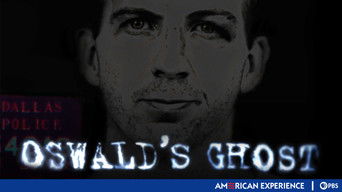
Oswald's Ghost
Episode number: 1
Overview: Few Americans then or now accept that a lone, inconsequential gunman could bring down a president and alter history. In that breach, a culture of conspiracy has arisen that points to sinister forces at work in the shadows. Drawing upon rarely seen archival footage and interviews with key participants, Oswald's Ghost takes a fresh look at Kennedy's assassination, the public's reaction to the tragedy, and the government investigations that instead of calming fears lead to a widespread loss of trust in the institutions that govern our society.
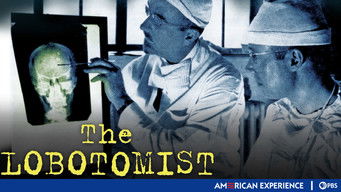
The Lobotomist
Episode number: 2
Overview: In the 1940s Dr. Walter Freeman gained fame for perfecting the lobotomy, then hailed as a miracle cure for the severely mentally ill. But within a few years, lobotomy was labeled one of the most barbaric mistakes of modern medicine.
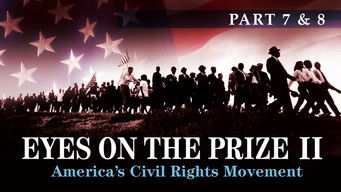
Eyes on the Prize (7 & 8): The Time Has Come/Two Societies
Episode number: 3
Overview: After a decade-long cry for justice, a new sound is heard in the civil rights movement: the insistent call for power. Malcolm X takes an eloquent nationalism to urban streets as a younger generation of black leaders listens. In the South, Stokely Carmichael and the Student Nonviolent Coordinating Committee (SNCC) move from "Freedom Now!" to "Black Power!" as the fabric of the traditional movement changes.
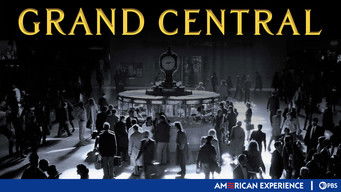
Grand Central
Episode number: 4
Overview: A marvel of engineering, architecture, and vision, the story of the Beaux Arts structure on 42nd Street that forever changed midtown Manhattan.
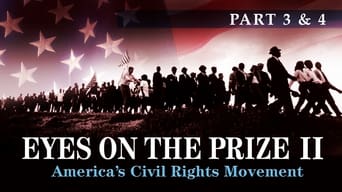
Eyes on the Prize (9 & 10): Power!/The Promised Land
Episode number: 5
Overview: The call for Black Power takes various forms across communities in black America. In Cleveland, Carl Stokes wins election as the first black mayor of a major American city. The Black Panther Party, armed with law books, breakfast programs, and guns, is born in Oakland. Substandard teaching practices prompt parents to gain educational control of a Brooklyn school district but then lead them to a showdown with New York City's teachers' union.
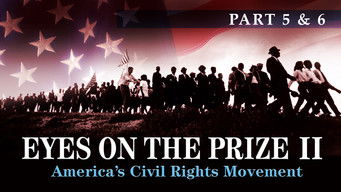
Eyes on the Prize (11 & 12): Ain't Gonna' Shuffle No More/A Nation of Law?
Episode number: 6
Overview: A call to pride and a renewed push for unity galvanize black America. World heavyweight champion Cassius Clay challenges America to accept him as Muhammad Ali, a minister of Islam who refuses to fight in Vietnam. Students at Howard University in Washington, D.C., fight to bring the growing black consciousness movement and their African heritage inside the walls of this prominent black institution. Black elected officials and community activists organize the National Black Political Convention in Gary, Indiana, in an attempt to create a unified black response to growing repression against the movement.
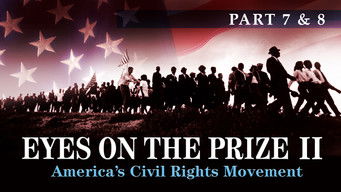
Eyes on the Prize (13 & 14): The Keys to the Kingdom/Back to the Movement
Episode number: 7
Overview: In the 1970s, antidiscrimination legal rights gained in past decades by the civil rights movement are put to the test. In Boston, some whites violently resist a federal court school desegregation order. Atlanta's first black mayor, Maynard Jackson, proves that affirmative action can work, but the Bakke Supreme Court case challenges that policy.
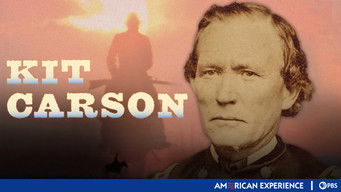
Kit Carson
Episode number: 8
Overview: An illiterate mountain man, Kit Carson was fluent in Spanish and five Indian languages; he twice married Native American women, yet led a brutal war against the Navajo. When the West was a mystery to most Americans, Carson mastered it, and his expertise made him not only famous, but also sought after. Eventually, by helping to spur a migration that would change the West forever, he unwittingly became an agent in the destruction of the life he loved.
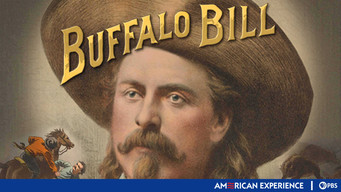
Buffalo Bill
Episode number: 9
Overview: In 1886, Buffalo Bill's Wild West Show played to over one million people in New York City. It was one of the most elaborate shows on earth. There were cowboys and Indians, sharp shooters, hundreds of horses, buffalo, elk and donkeys, with more than 200 cast members, all moving about in a sweeping western landscape of mountains and plains. It would go on to dazzle crowds in London, Paris, Rome and Barcelona, cementing the legend of the Wild West in the minds of people around the globe. Behind the extravaganza was one man -- a meager plainsman turned international celebrity and frontier hero, whose meteoric rise to fame was made possible only by his genius, and his hucksterism. His name was William Cody, better known to the world as Buffalo Bill.
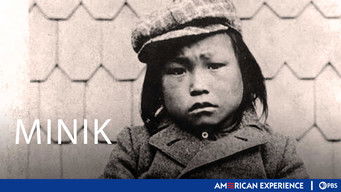
Minik: The Lost Eskimo
Episode number: 10
Overview: In 1897, renowned Arctic explorer Robert Peary returned to New York from his latest Greenland expedition. At the request of anthropologist Franz Boas, he brought with him five polar Inuits for study at the American Museum of Natural History. Within months, four of them had fallen sick and died, leaving a seven-year-old boy named Minik to fend for himself in a foreign land.
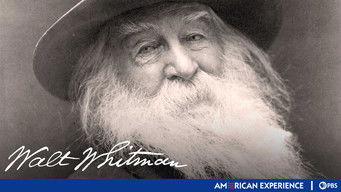
Walt Whitman
Episode number: 11
Overview: This American Experience tells Whitman's life story, from his working class childhood in Long Island, to his years as a newspaper reporter in Brooklyn when he struggled to support his impoverished family, then to his reckless pursuit of the attention and affection he craved for his work, to his death in 1892.
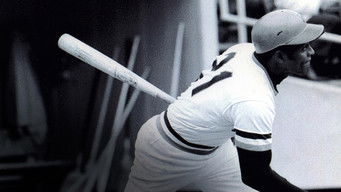
Roberto Clemente
Episode number: 12
Overview: Roberto Clemente is an in-depth look at an exceptional baseball player and committed humanitarian who challenged racial discrimination to become baseball’s first Latino superstar. Featuring interviews with Pulitzer Prize-winning authors David Maraniss and George F. Will, Clemente’s wife Vera, Baseball Hall of Famer Orlando Cepeda, and former teammates, the documentary presents an intimate and revealing portrait of a man whose passion and grace made him a legend.
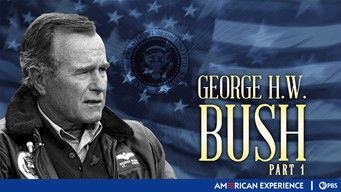
George H.W. Bush (1)
Episode number: 13
Overview: When George. H.W. Bush left the Oval Office in 1992, rejected after one tumultuous presidential term, his 30-year career in public service came to an abrupt and unexpected end. Despite soaring approval ratings following military victory in the Persian Gulf, his years as president after the war were marked by almost unrelieved decline. A sluggish economy and an earlier decision to raise taxes, despite an explicit campaign oath, led to his defeat. By the end of his term many observers dismissed him as an artifact of an irrelevant Cold War past.
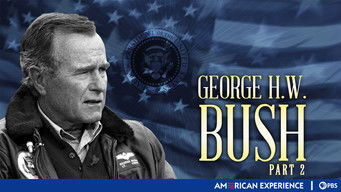
George H.W. Bush (2)
Episode number: 14
Overview: George H.W. Bush presents the first in-depth assessment of the 41st president of the United States, drawing upon unparalleled access to figures in Bush's private and public life, to reveal Bush as a pivotal player during a critical moment in American and world history and in a powerful political dynasty. Bush's personal letters, and interviews with his closest advisors and prominent critics inform the film, including First Lady Barbara Bush, Condoleezza Rice, Colin Powell, Mikhail Gorbachev, and more.